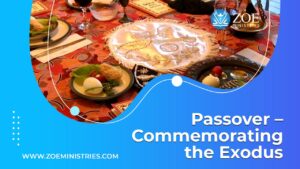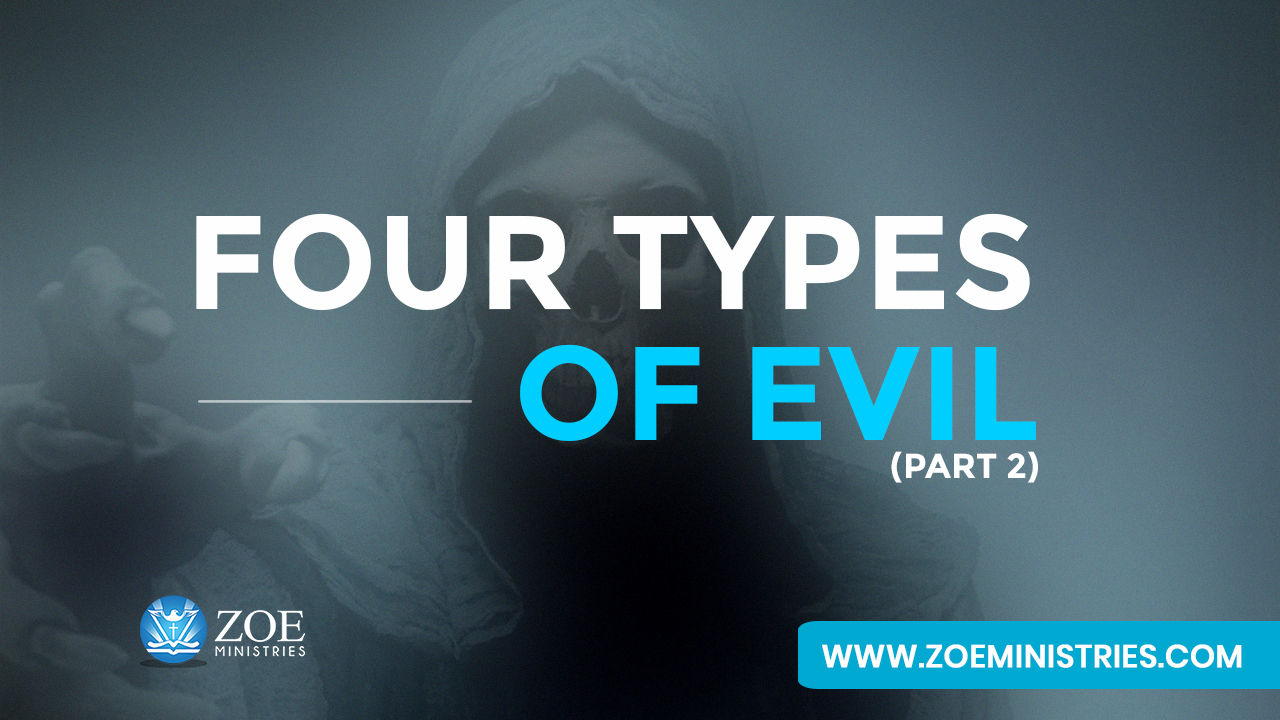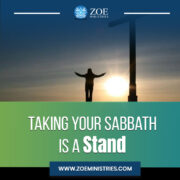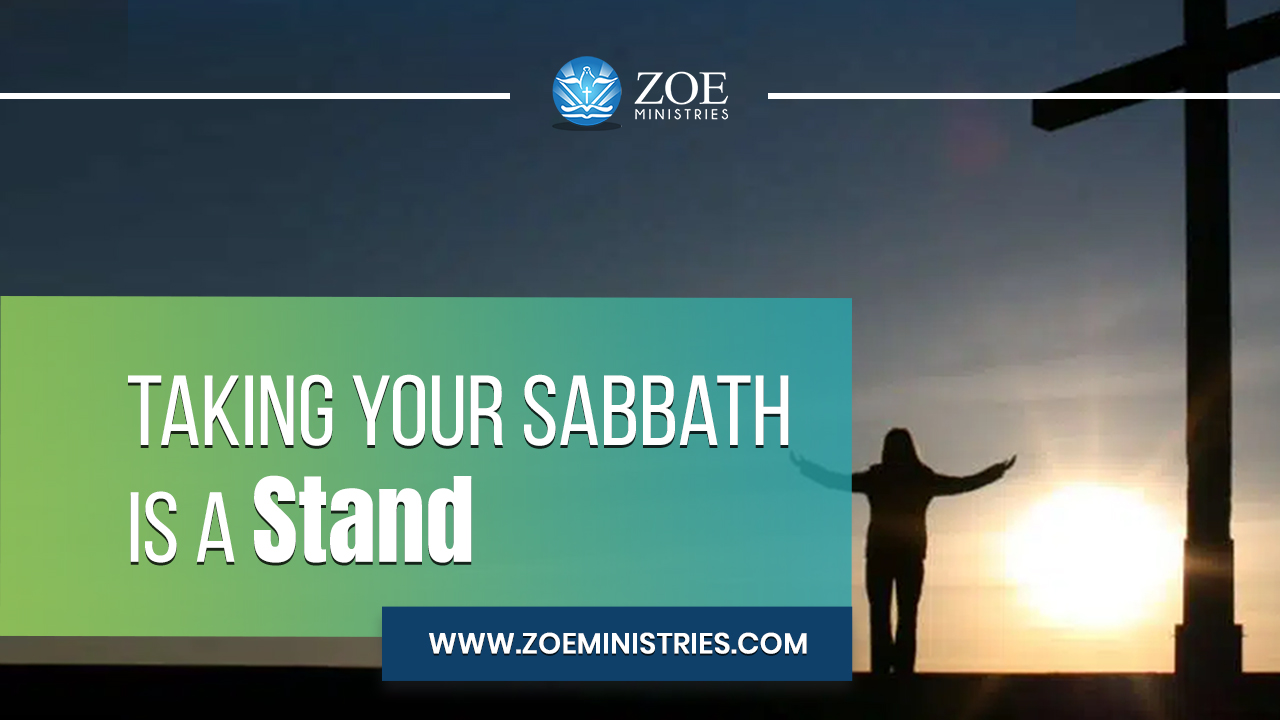Three Gifts of the Magi
Three Gifts of the Magi
Christmas is passed, but it’s important to remember the traditional story of the Three Wise Men making a pilgrimage to worship Jesus.
There are two major hypotheses on the gifts:
All three presents are both regular offerings and gifts to a king. Myrrh is a standard anointing oil, frankincense is a fragrant, and gold is a value.
The three presents each had a spiritual meaning: gold represented earthly kingship, frankincense (an incense) represented a deity, and myrrh (an embalming ointment) represented death. Until the 15th century, myrrh was employed as an embalming ointment and a penitential incense in funerals and cremations. The Eastern Orthodox Church’s “holy oil” for conducting the sacraments of chrismation and unction is traditionally perfumed with myrrh. Receiving either of these sacraments is usually called “receiving the myrrh.”
In most Western Christian denominations, the visit of the Magi is honored by the celebration of Epiphany, January 6th, which also serves as the feast of the three saints. On December 25th, the Eastern Orthodox celebrate the Magi’s visit.
Invitation
Prophetic wisdom and anointing await you. Connect for a personal prophecy.
Join our LIVE Conference Call!
1) Call 515-604-9266
2) Go to startmeeting.com, and use the login: BishopJordan

























